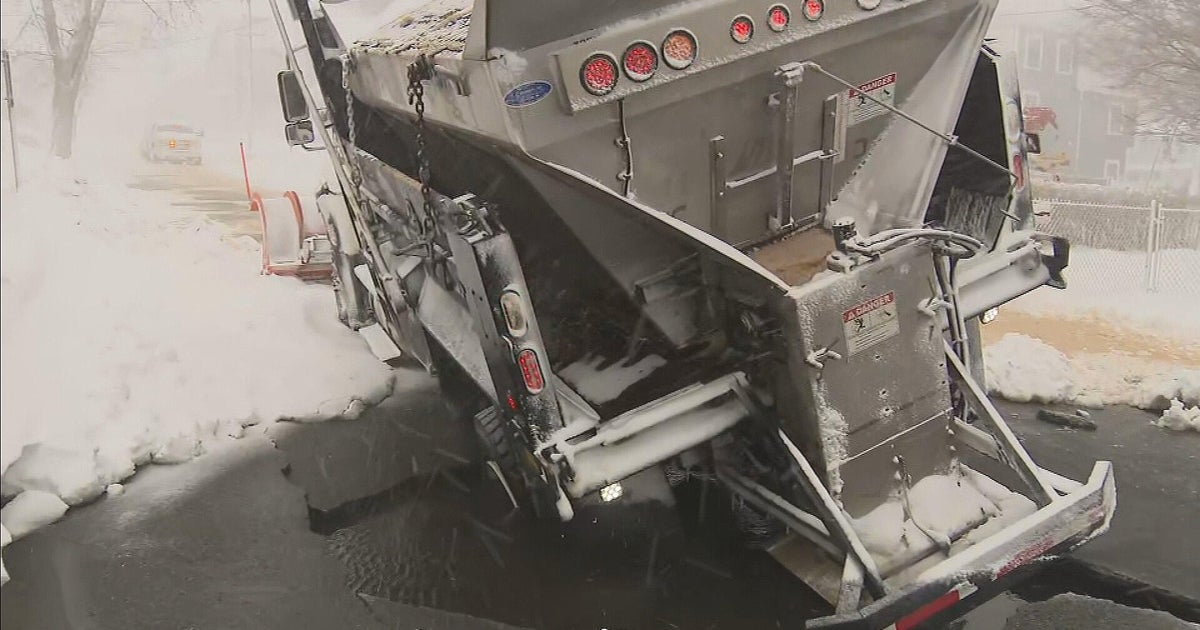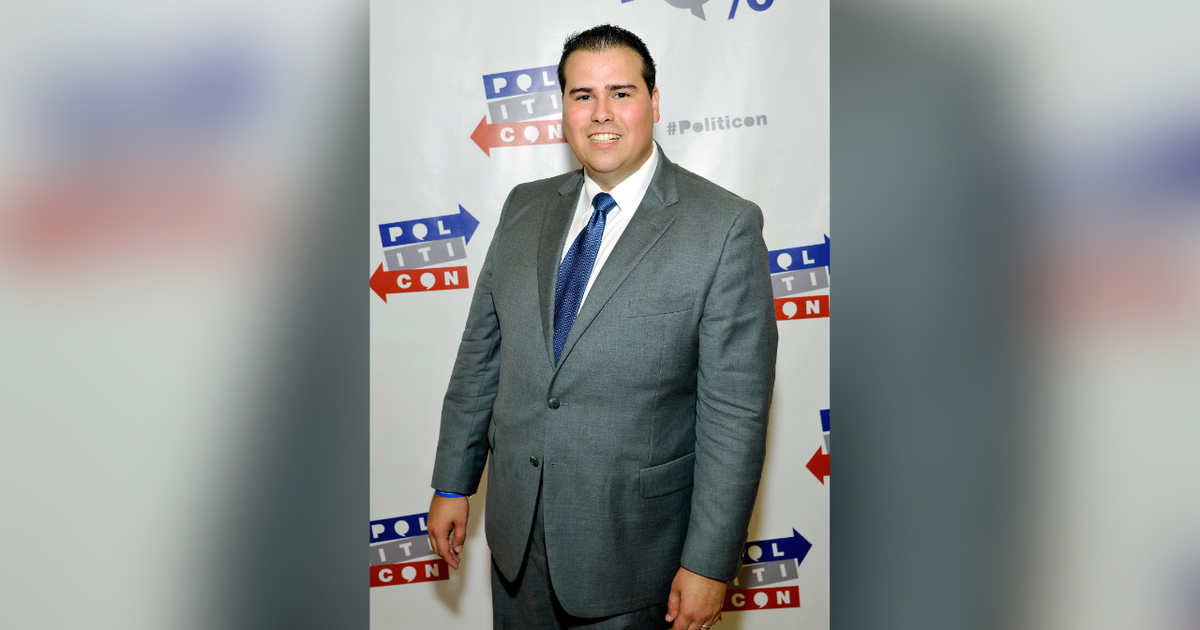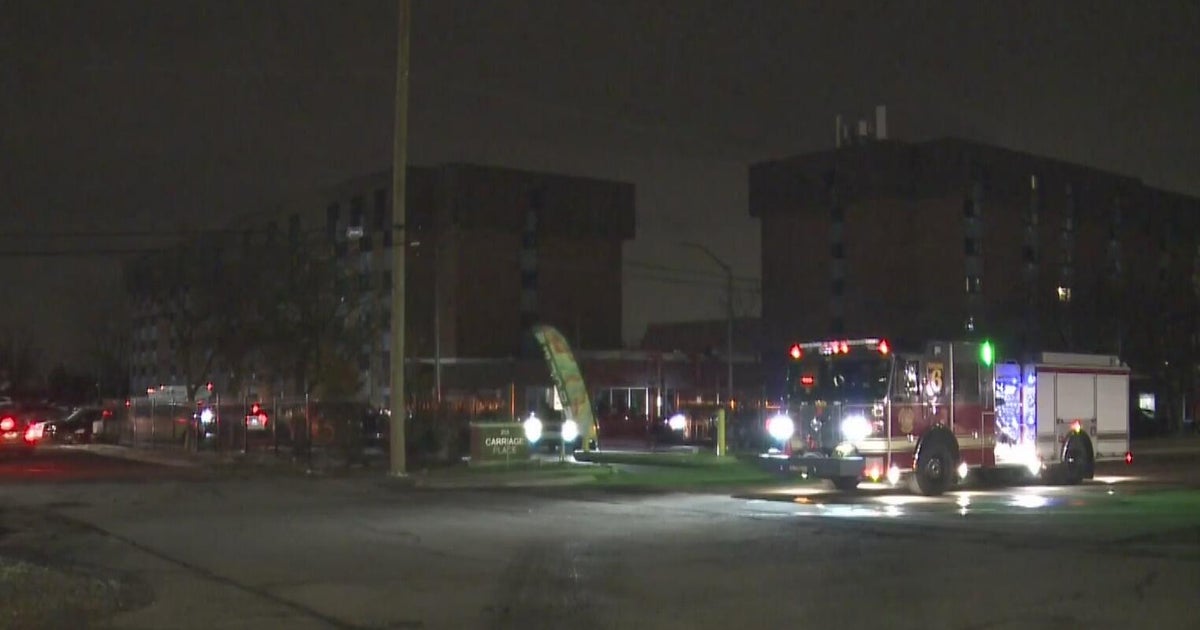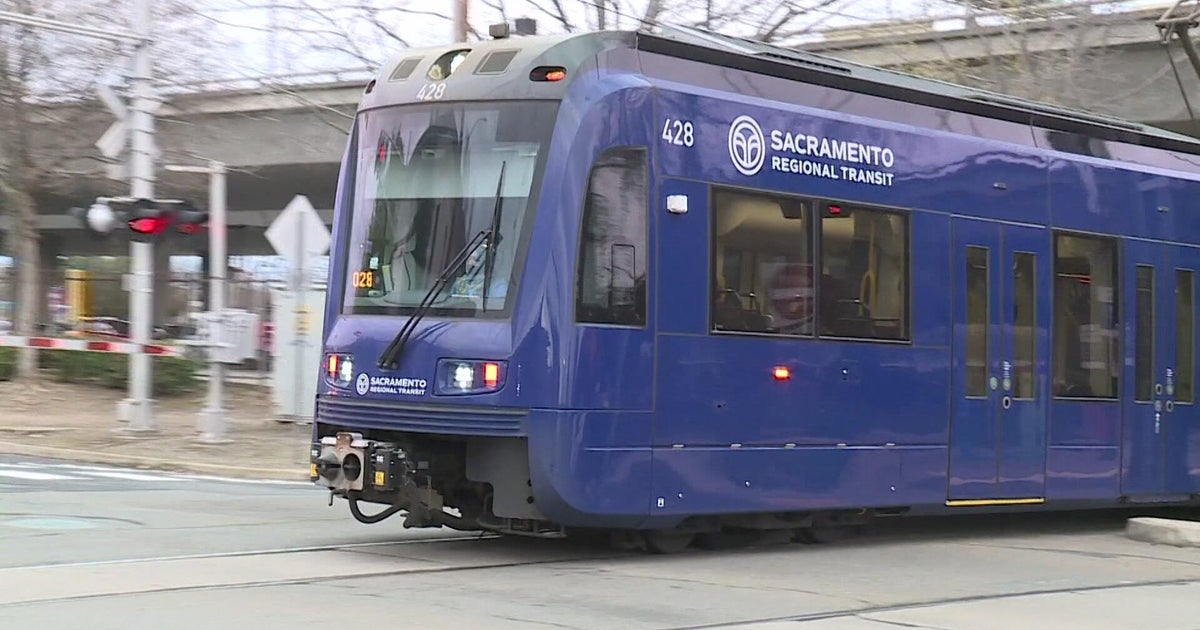Lactation Room Requirements Could Change In California
SACRAMENTO (CBS13) - New mothers returning to work in California would have access to a designated lactation room if a bill making its way through the legislature becomes law.
Current California and federal law requires employers to give nursing mothers a reasonable amount of break time to express milk. It also requires employers to make efforts to provide the employee with a private area to express milk. California law only stipulates that area can not be a toilet stall, while federal law states it can not be a bathroom.
Senate Bill 937 would change the law and require employers to provide a lactation room measuring at least 50 feet, along with access to a refrigerator and a sink with running water. The room can also not be in a bathroom and would also need to have a door that locks on the inside, a permanent sign, a place to sit, be free of toxic or hazardous materials, and contain at least one electrical outlet.
READ ALSO: California State Workers Could Get To Bring Infants To Work
Buildings measuring 15,000-square feet and built after January 1, 2019 would also need to have designated lactation rooms- with the amount of rooms based on the amount of employees. For instance, a business with 50-150 employees would need to have one lactation room, while a business with 1,001-2,000 employees must have eight. Businesses with fewer than 50 employees would be exempt.
Employees would also be able to file complaints with the Labor Commissioner, or bring civil action in court. Businesses found violating the new law would be fined $100 per violation.
The American Academy of Pediatrics recommends moms nurse their infants exclusively for the first six months. According to the California Department of Public Health, 94% of moms began breastfeeding in 2016; however, only 24.8% were exclusively breastfeeding at six months.
The Surgeon General issued a Call to Action report in 2011. It included research on the benefits of breastfeeding for babies: protection from illnesses and infections, less likely to develop asthma, less likely to become obese; and for mothers: decreased risk of breast and ovarian cancers.
SEE: Walgreens Pharmacist Refuses To Give Woman Prescription To End Pregnancy
The bill's authors, Senators Wiener and Leyva, cited California Department of Public Health statistics saying only 52% of nursing parents have workplace breastfeeding support. They further said nursing parents provided time and space to express milk are two times as likely to exclusively breastfeed for the recommended six months.
The authors included this statement in the analysis of SB 937:
"If we're serious about gender equity in the workplace - as we should be - we need to make it much easier for women and other nursing parents to return to work after having a child. When women and other nursing parents are able to return to work and receive reasonable accommodations - such as lactation facilities - they advance and keep pace with their non-nursing counterparts. By contrast, when nursing parents are effectively discouraged from working, they fall behind, and gender inequity is the result. Family friendly workplaces increase gender equity, improve families' health, and are good for business. Inadequate lactation accommodations often lead women and other nursing parents, especially low-income workers, to make the difficult decision to leave their jobs or to pay for expensive formula. Providing a safe and comfortable place for nursing parents to lactate will keep
infants and nursing parents healthier, and keep more of them in the workforce."
San Francisco passed the first-in-the-nation Lactation in the Workplace Ordinance in 2017 requiring employers to provide lactation breaks and a lactation location. The ordinance also defines minimum standards for lactation spaces and outlines best practices.
READ ALSO: Study Links Acetaminophen In Pregnancy To ADHD, But Experts Question Results
Opponents have expressed concerns about SB 937, including the threat of frivolous lawsuits similar to those filed under the Americans with Disabilities Act. The California Chamber of Commerce, which leads the oppose unless amended position, argued:
"While we believe the bill is well intentioned, it is quite burdensome for employers and exposes employers to potential litigation traps. [… ] [S]ome employers simply do not have access to a completely private space other than a bathroom and privacy should be the most important aspect of a lactation space. For example, a standalone, drive-through coffee shop may not have another location besides a bathroom for the employee to express milk in private. In other instances, the only suitable location may be the employee breakroom. However, denying other employees access to the
breakroom while the space is used for lactation will put the employer in noncompliance with other labor laws."
Those opposing the bill have also expressed concern about the potential conflict with the federal requirements. In 2010, as part of the Affordable Care Act, employers are required to provide "a reasonable break time for an employee to express breast milk for her nursing child for 1 year after the child's birth each time such employee has need to express the milk;" and "a place, other than a bathroom, that is shielded from view and free from intrusion from coworkers and the public, which may be used by an employee to express breast milk."
SB 937 passed the Senate in May by a vote of 24-6 (9 Senators did not vote). It will be heard by the Assembly Business and Professions Committee on Tuesday morning.







